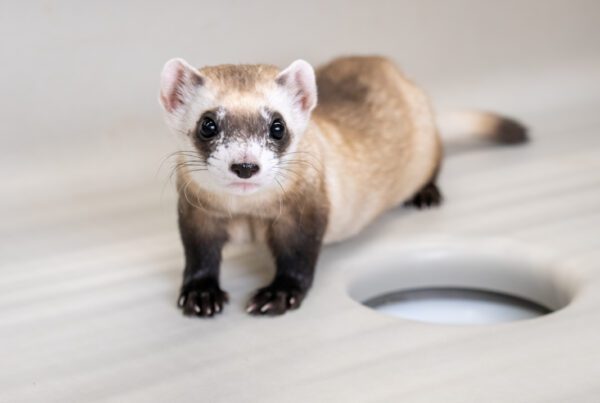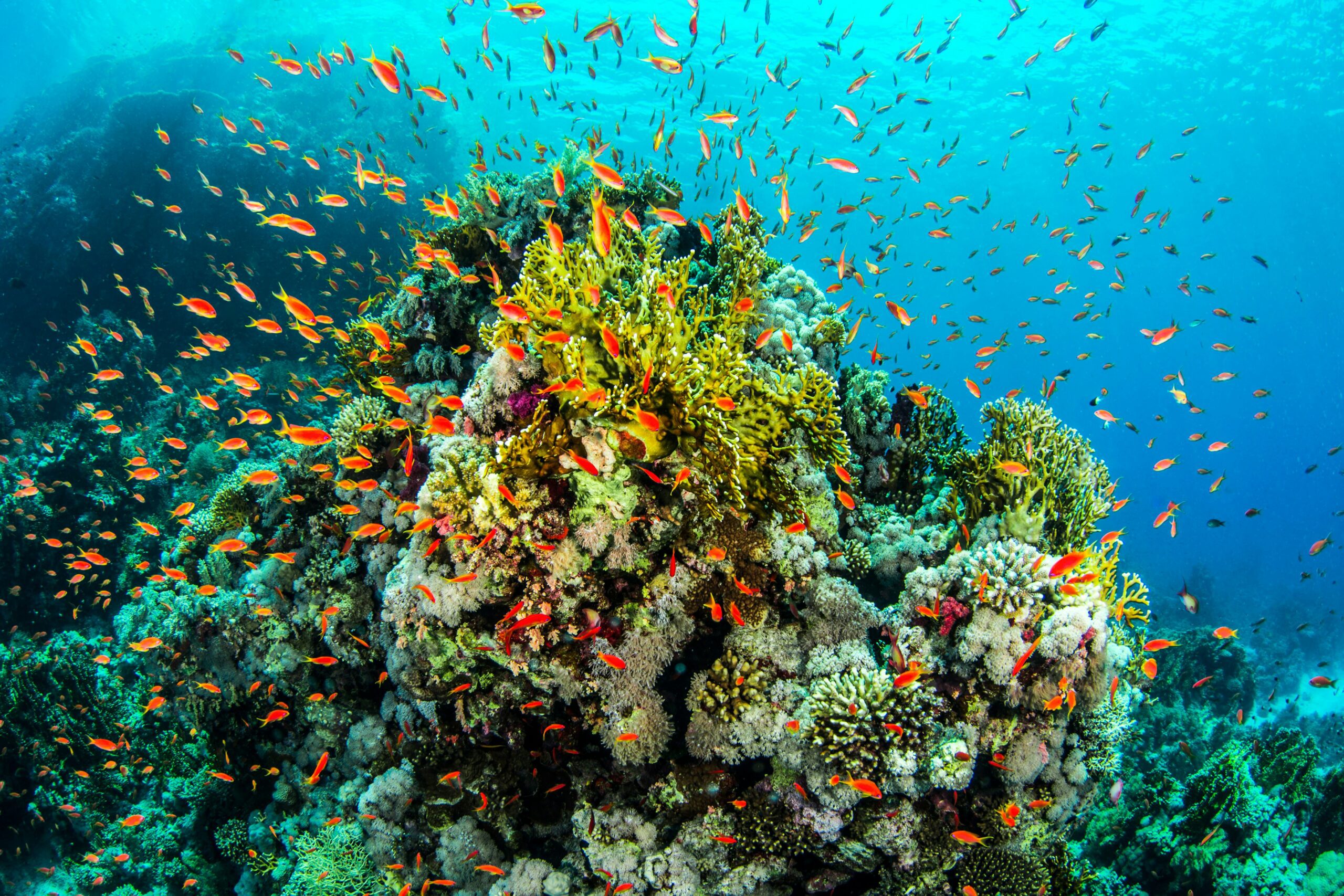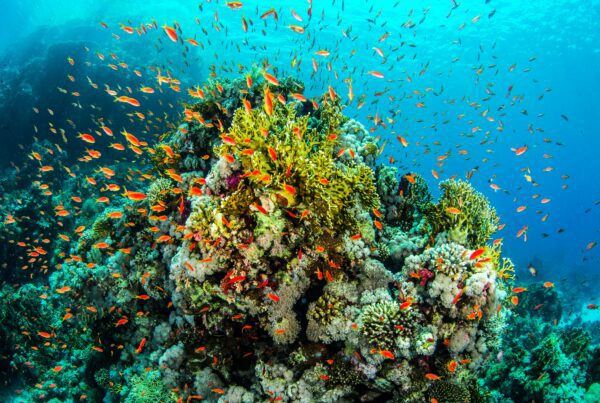Coral reef ecosystems support half a billion people worldwide and a quarter of all marine life. But reefs around the world are dying under the stress of overfishing, pollution, disease and climate change. PBS Journalist William Brangham dives into the steps scientists are taking to try to save corals, including a Revive & Restore-fund effort to preserve coral fragments using isochoric vitrification.
Isochoric vitrification is a cryopreservation technique that preserves coral polyps in a glass-like state, avoiding damage to their delicate cells.
At minute 4:45 in this PBS News episode, Brangham journeys to Smithsonian’s National Zoo and Conservation Biology Institute in Virginia to meet with scientists and see isochoric vitrification in action. He interviews Dr. Mary Hagedorn, Research Scientist at the Smithsonian Institution and a Revive & Restore awardee.
Hagedorn emphasized that cryopreservation can do what other conservation methods can’t. A single cryo tank could hold thousands of coral species far more than any raceway tank, and it could theoretically preserve them for years at a stretch. And the hope is for this coral preservation technique to become grassroots.
“For this type of technology, we are going to make it inexpensive, and very easy to do. And so the average professional will be able to do this. We will train them and they will be able to do it and secure their own reef material.”
About the Program
Revive & Restore’s Advanced Coral Toolkit is a funding program to support the development and field testing of new biotechnologies that have the potential to greatly benefit coral resilience and restoration efforts. The work featured in this PBS episode was funded through the Advanced Coral Toolkit.
More posts in News & Media







